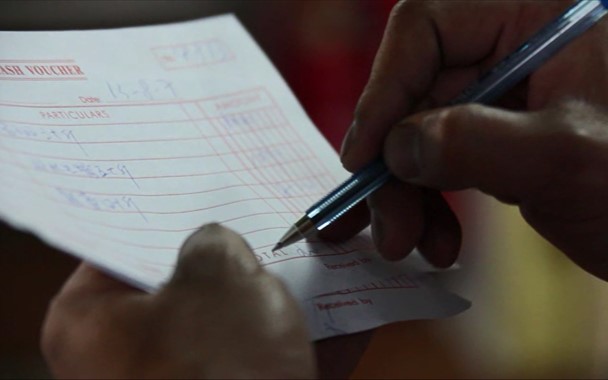Case Studies
 Leakage of Tender Information
A senior manager of a company was responsible for processing tenders submitted by contractors to bid for the company’s construction and renovation projects. There was no deadline for submission of tenders for some projects and the senior manager was solely responsible for opening the submitted tenders. Over a prolonged period, the senior manager, together with a director of another company, conspired to solicit and accept tens of millions of dollars from a number of potential contractors. In return, the senior manager provided the colluded contractors with confidential tender information submitted by other contractors in relation to the projects. As a result, the colluded contractors could submit favorable tenders (e.g. the tender price was just slightly below the second lowest price if price was the only consideration) and obtain the contracts from the company. See More
Leakage of Tender Information
A senior manager of a company was responsible for processing tenders submitted by contractors to bid for the company’s construction and renovation projects. There was no deadline for submission of tenders for some projects and the senior manager was solely responsible for opening the submitted tenders. Over a prolonged period, the senior manager, together with a director of another company, conspired to solicit and accept tens of millions of dollars from a number of potential contractors. In return, the senior manager provided the colluded contractors with confidential tender information submitted by other contractors in relation to the projects. As a result, the colluded contractors could submit favorable tenders (e.g. the tender price was just slightly below the second lowest price if price was the only consideration) and obtain the contracts from the company. See More
 Use of Bogus Invoices
A manager of a trading company was solely responsible for placing shipping orders and checking invoices submitted by freight forwarders or transportation companies. He was authorised to issue orders not exceeding a specified amount while orders with value over the specified amount required approval by his superior. Over a few years, the manager split the orders into small ones so that he could authorise the issue of orders. He also used a number of false invoices of a dormant transportation company he had set up to deceive payment from the trading company. The bogus invoices, amounting to several million dollars, purportedly showed that the company owned by the manager had provided transportation services to the trading company.
Use of Bogus Invoices
A manager of a trading company was solely responsible for placing shipping orders and checking invoices submitted by freight forwarders or transportation companies. He was authorised to issue orders not exceeding a specified amount while orders with value over the specified amount required approval by his superior. Over a few years, the manager split the orders into small ones so that he could authorise the issue of orders. He also used a number of false invoices of a dormant transportation company he had set up to deceive payment from the trading company. The bogus invoices, amounting to several million dollars, purportedly showed that the company owned by the manager had provided transportation services to the trading company.See More




